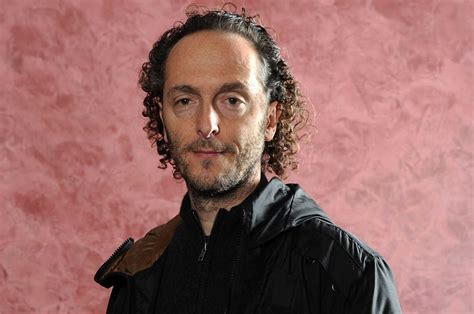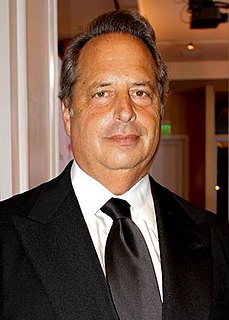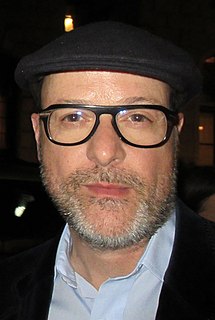A Quote by Ang Lee
Only one time in my career I had that feeling [that this is not gonna get made], it was for this movie [Life of Pi]. It was right before we started the physical pre-production. I pre-visualized the whole ocean part before we made the movie, I was that prepared. At one point they seemed to want to drop it because it was really risky. The budget we proposed was a lot higher than they expected, they wanted to [drop it]. After all, it's a philosophical book and a literature property, it's not Batman.
Quote Topics
Related Quotes
The Cable Guy was underbudgeted, so it was always a debate about whether we could have more days or certain things that we needed, because the budget was determined before the script was written. So that made it a hard production on everybody. But it's also a funny thing, because it's one of those movies that cost $40 million to make and made $100 million around the world, but at the time, it seemed like a disaster that it didn't make hundreds of millions of dollars, because Jim was on such a tear. But it was actually a successful movie.
I was very blessed it was Steven Spielberg who made the movie. He was very much into the redemption side of the story. They asked him in an interview why he had owned the rights to this story for 20 years before he made the movie, and he said, 'I wanted to see what the real Frank Abagnale did with his life before I immortalised him on film.'
As far as producing, once we started shooting, I soon realized where the critical decisions about the movies were really being made, and it wasn't on the set. They were being made in the production meetings. That's where producing a movie happens. And that's where I wanted to be. I didn't just want to be a piece, a pawn being played. I wanted to take part in the creative process, and that's how I sort of got introduced to the idea.
The director makes the movie. The director has to have the story in their head, has to know the style of the piece, has to answer questions from actors, design, set, lighting, every department throughout the pre-production, production, and post-production, because they've got it in their mind. They've got to know exactly what they want and what the style and story of the movie is. It's them. They make it.
It really has been a blessing because you can go and look at our other movies we've done in a studio system. We didn't get to make the movie that we wanted to make. We made the movie that someone else wanted us to make. That can be a little disheartening, a lot disheartening. While there have been struggles, it doesn't matter which table you're at because you're going to have obstacles, but I kind of like being able to make the movie that you want to make.

































